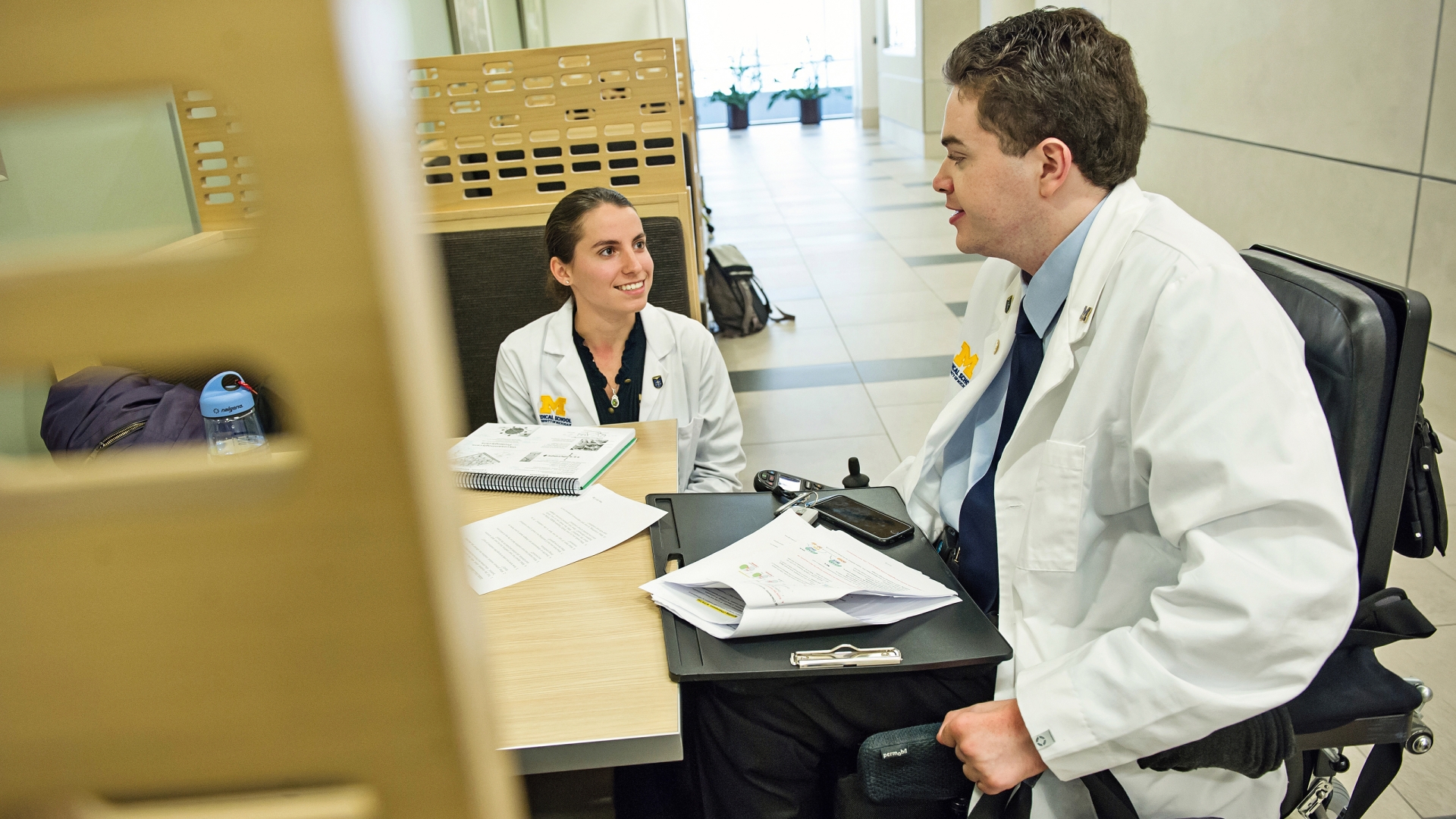Programs & Admissions
Start Here to Make the World a Better Place
We are committed to a single mission: "To transform health through bold and innovative education, discovery and service." Whichever program you're interested in, you can be sure it's carefully designed to allow you to become the physician or scientist you aspire to be to change the world for the better.


667
MD Students
720
PhD Students
318
Master's Students
104
MD | PhD Students
Training tomorrow’s best doctors and researchers means ensuring that the brightest learners have direct access to stimulating mentors, outstanding resources and an inclusive community.